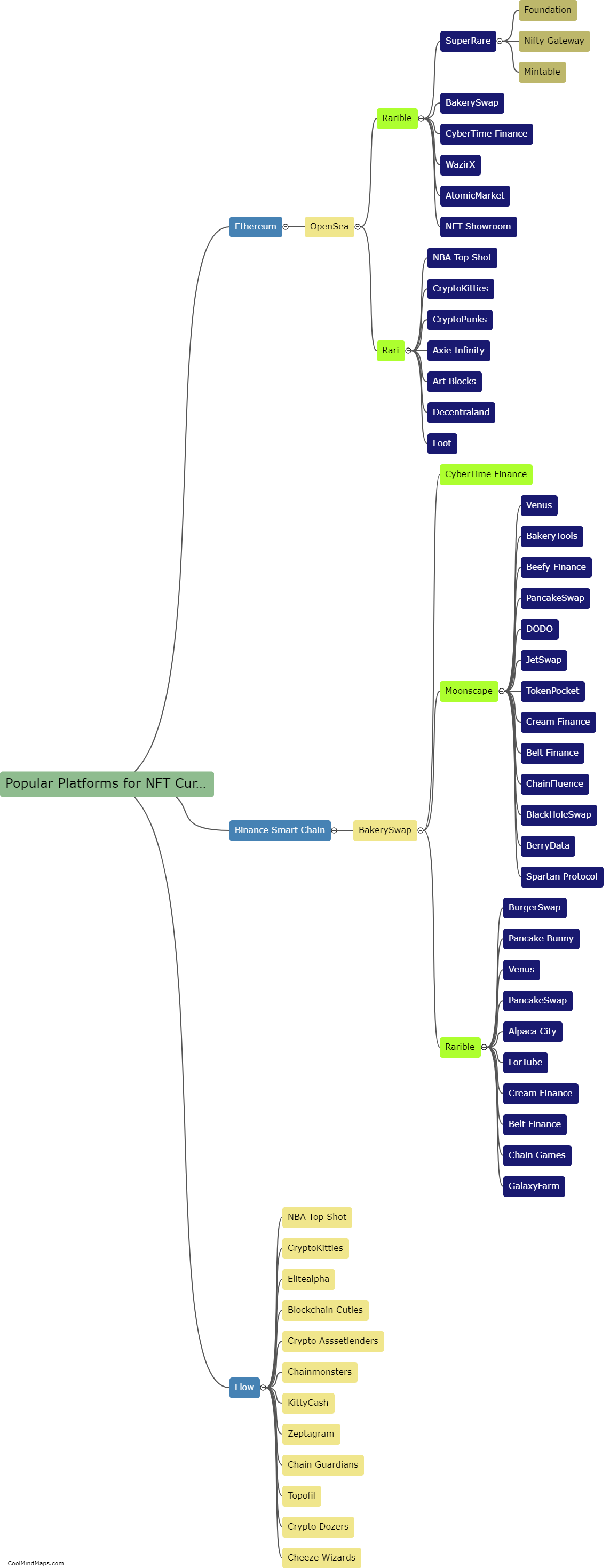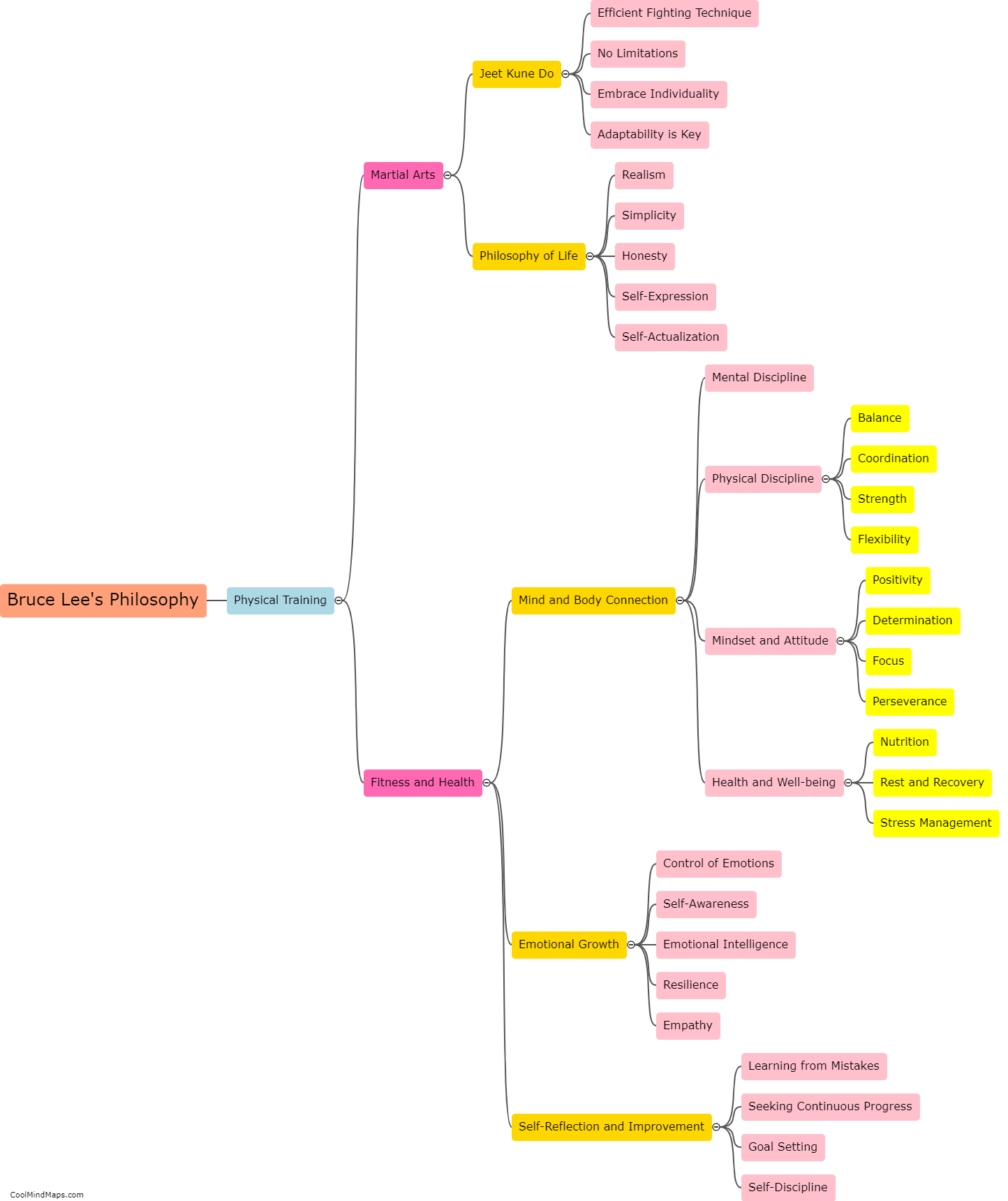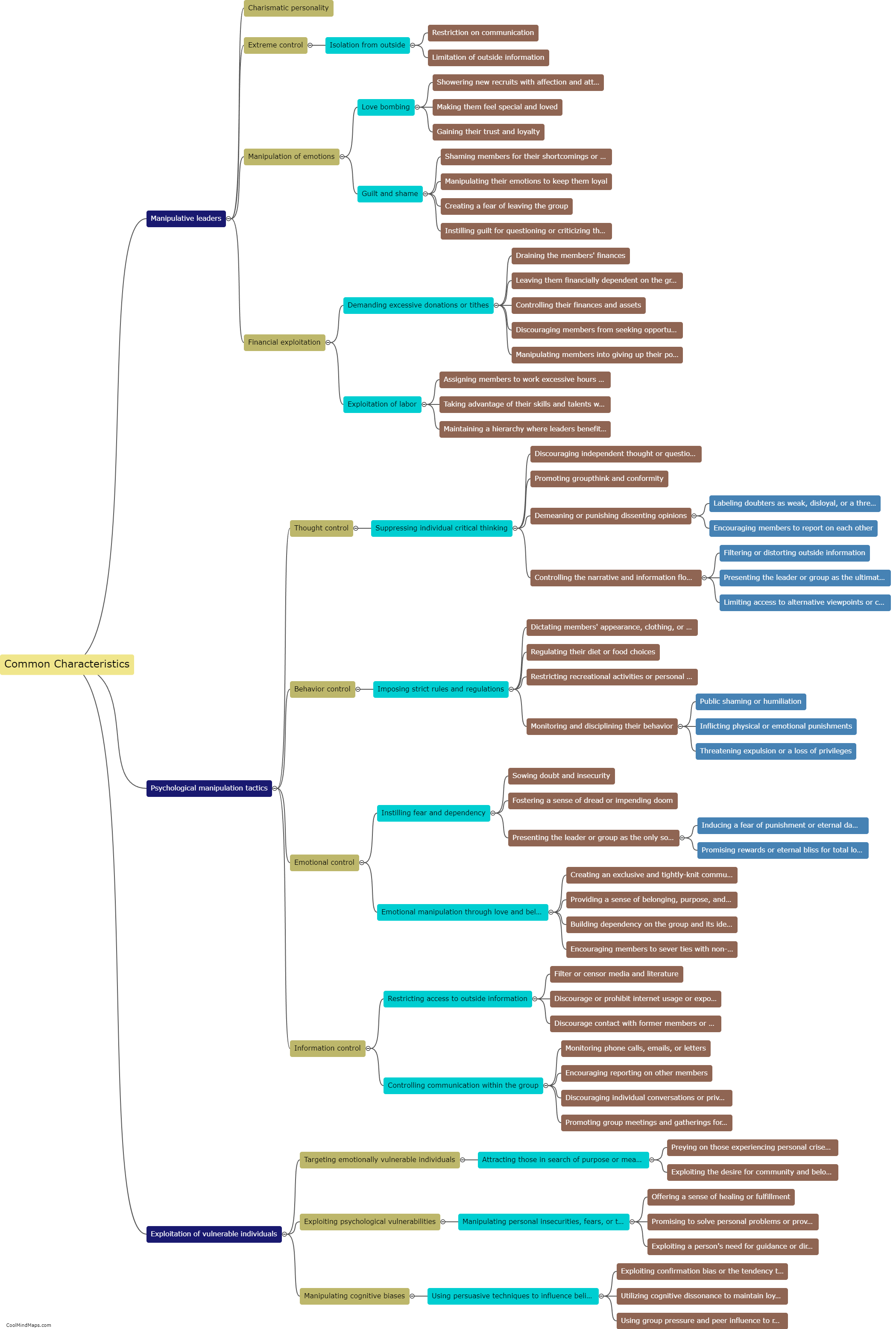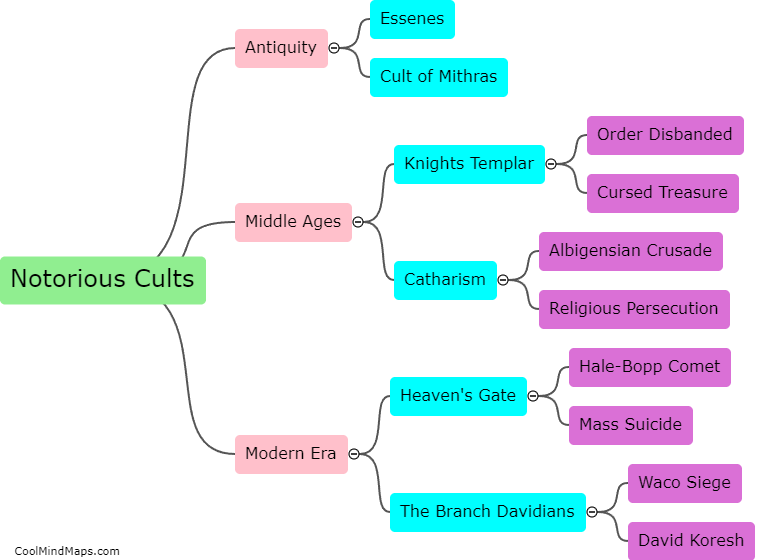What are dinoflagellates?
Dinoflagellates are a type of microscopic planktonic organisms found in both freshwater and marine environments. They belong to the kingdom Protista and are known for their unique characteristics. Dinoflagellates are typically single-celled organisms with two flagella, appendages that enable them to move and propel themselves through water. These organisms are known for their distinct shape and structure, often exhibiting a spiral or elongated form. Dinoflagellates are vital to marine ecosystems as they serve as a primary source of food for other marine organisms and contribute to the overall balance of the oceanic food web. Additionally, certain species of dinoflagellates possess bioluminescent properties, resulting in stunning displays of glowing waters at night. However, some dinoflagellate species can produce harmful algal blooms, known as red tides, which can harm marine life and even pose risks to human health. Overall, dinoflagellates play a crucial role in marine ecosystems, showcasing their significance and diversity in the world of microorganisms.
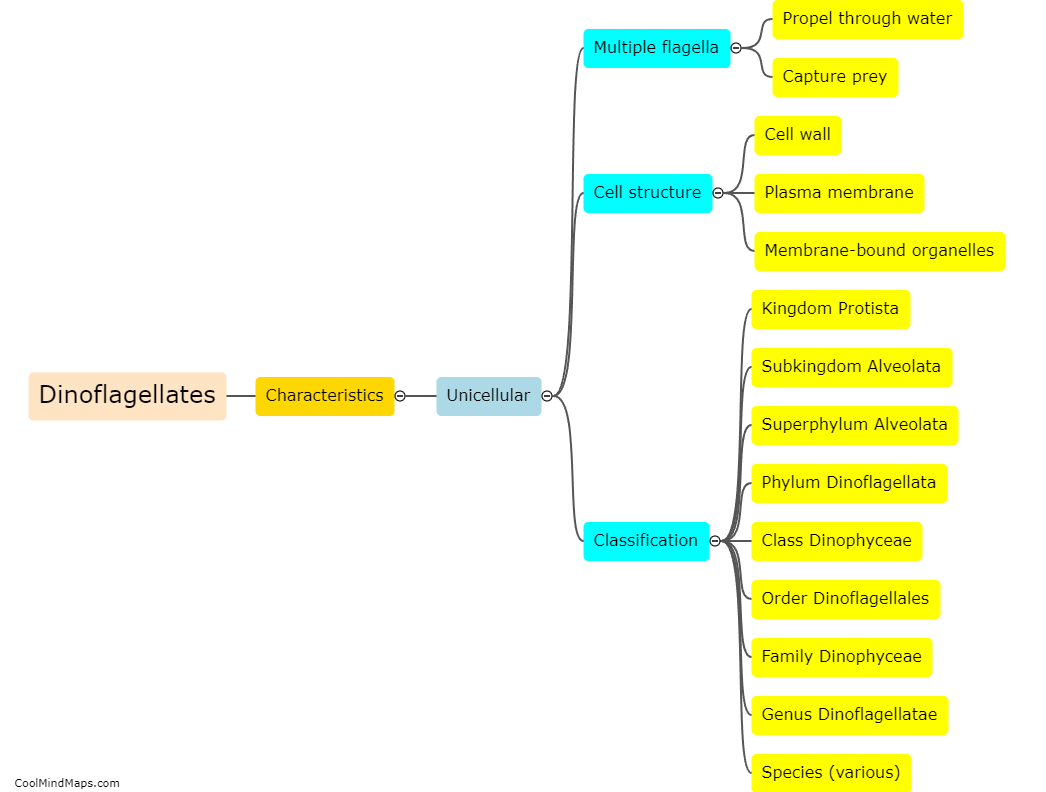
This mind map was published on 4 December 2023 and has been viewed 103 times.


